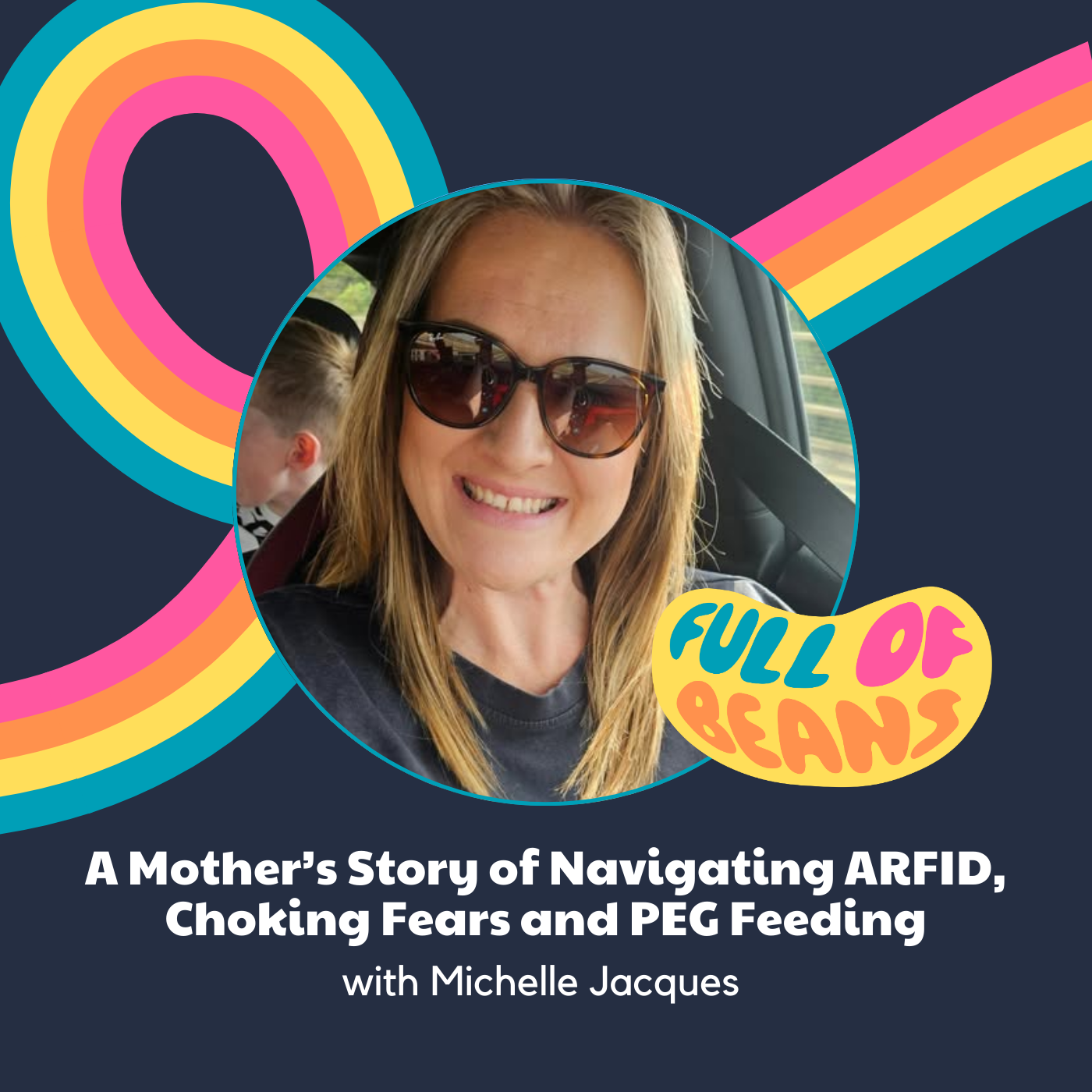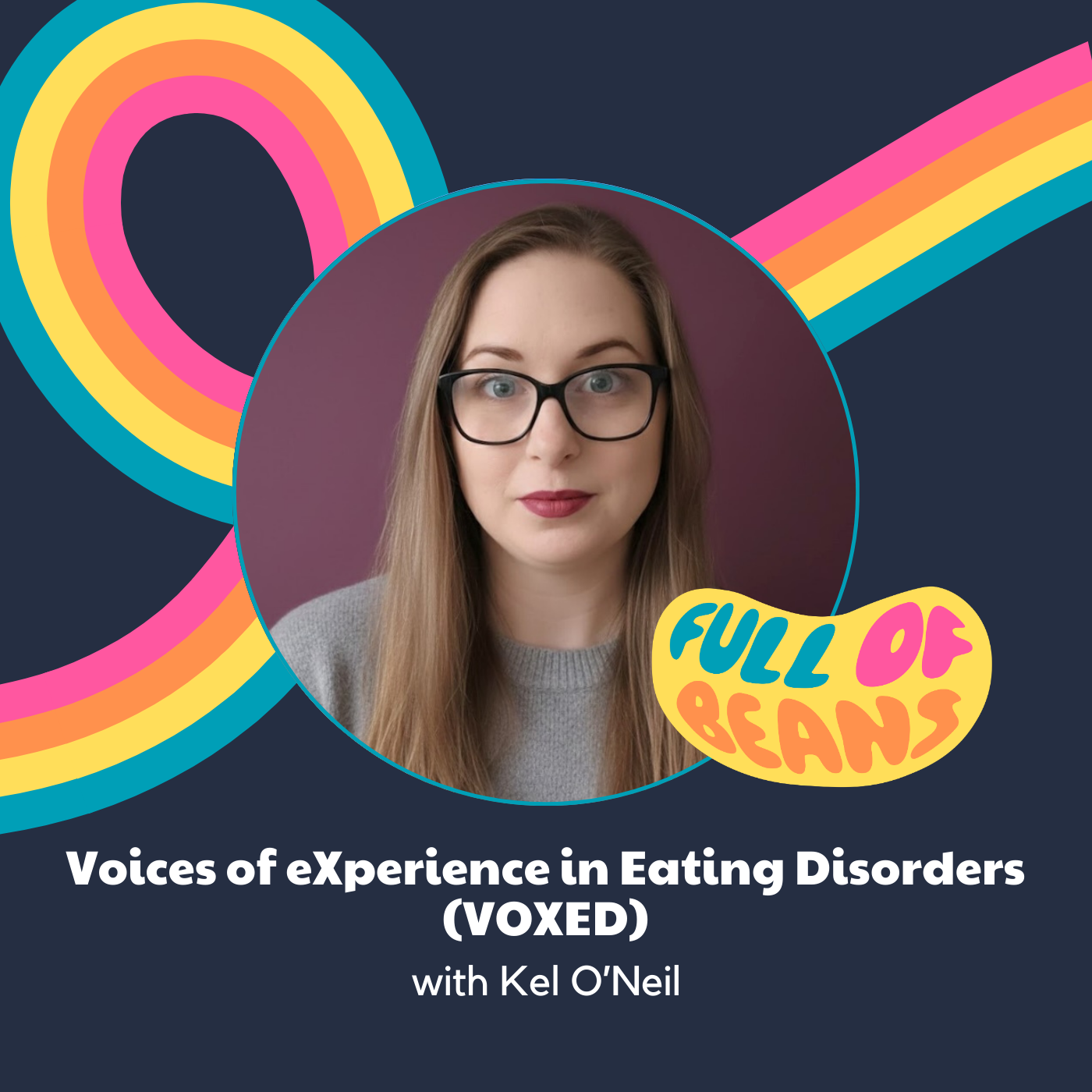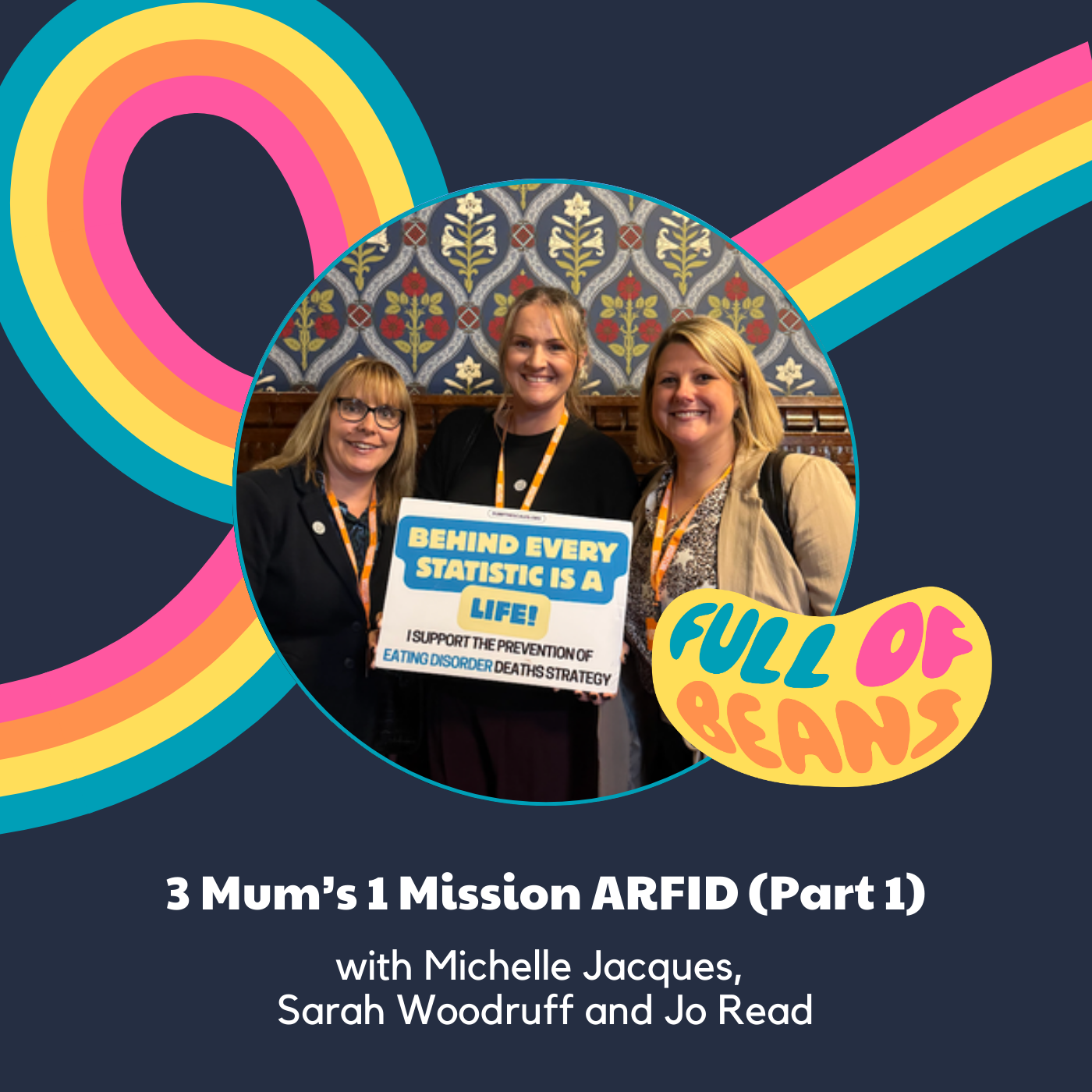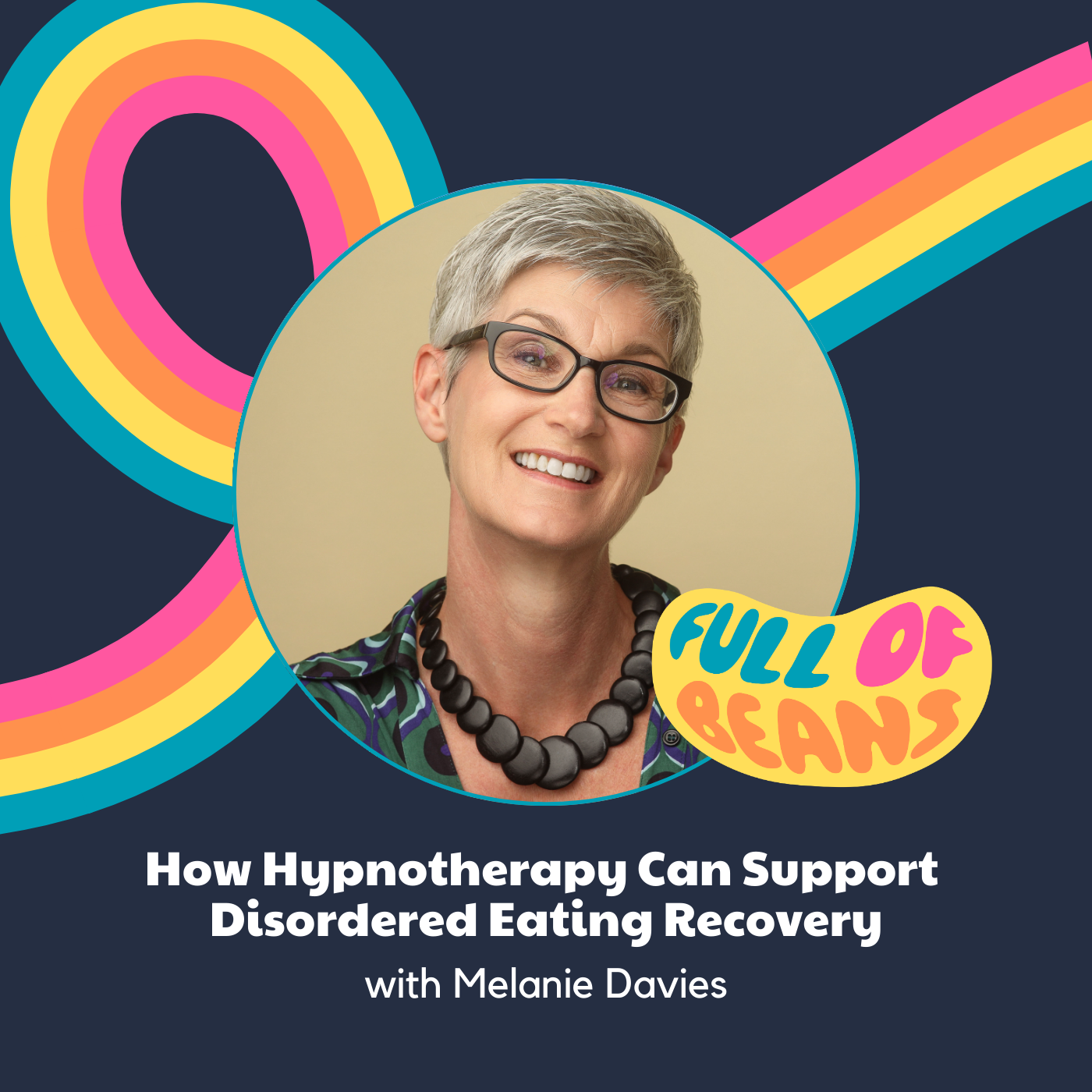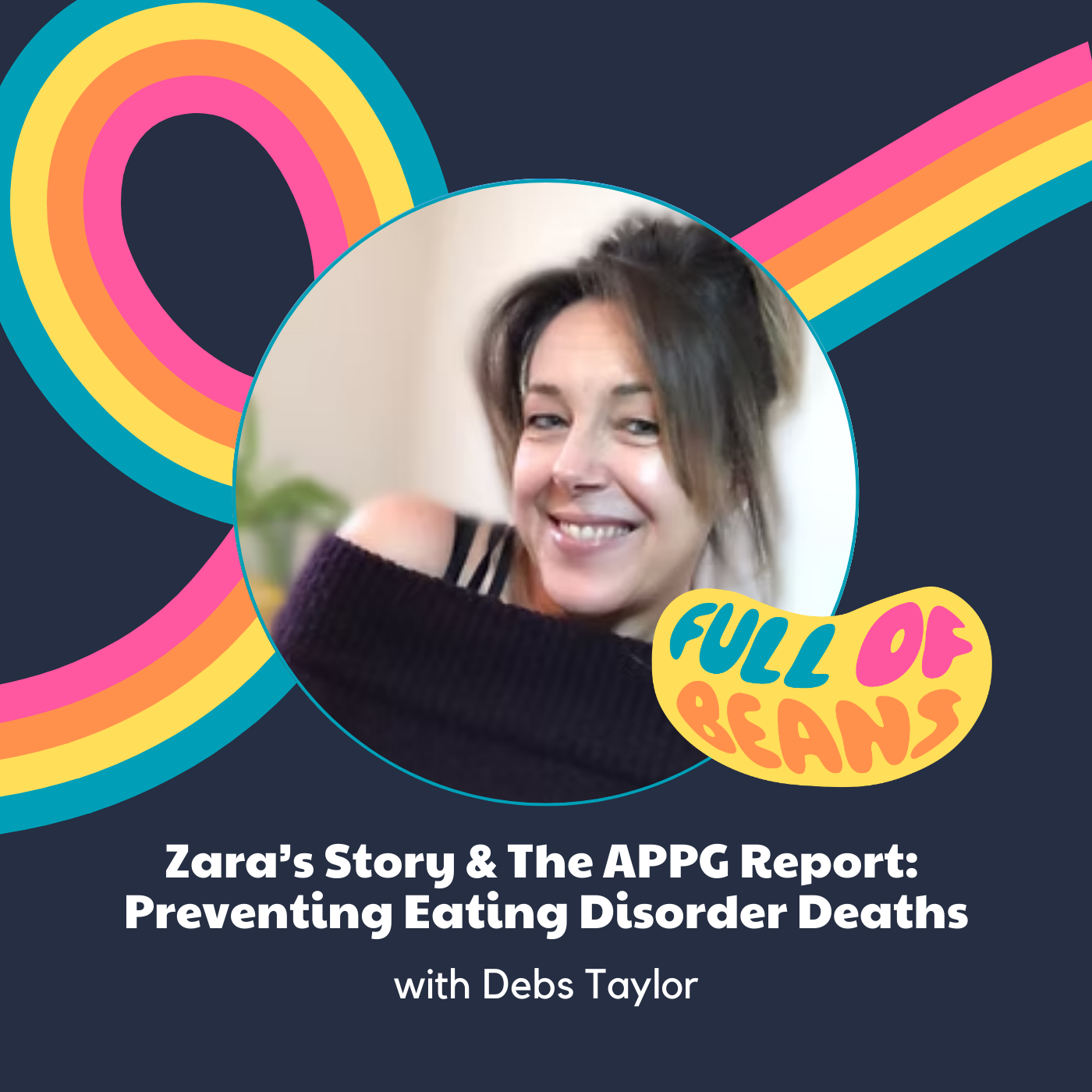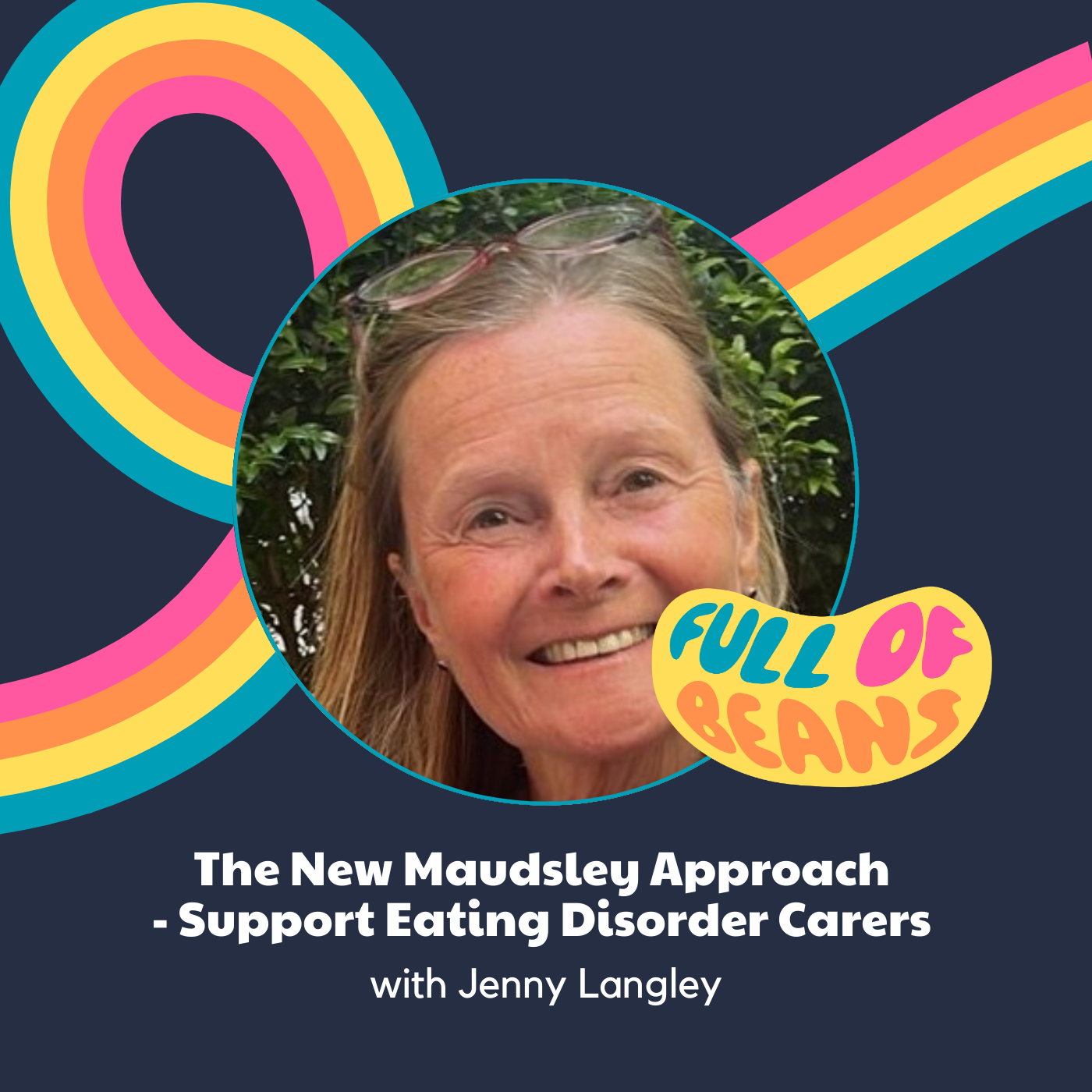The Assisted Dying Bill & Eating Disorders: What You Need to Know
The Assisted Dying Bill & Eating Disorders: What You Need to Know

The Assisted Dying Bill is currently making its way through Parliament, aiming to provide end-of-life options for terminally ill adults. While this might seem like a straightforward human rights issue, its potential impact on individuals with eating disorders is a significant concern. In this episode of the podcast, we speak with Chelsea Roff, a researcher and advocate, to discuss why the bill, as written, could unintentionally place eating disorder patients at risk.
What Is the Assisted Dying Bill?
The proposed bill seeks to allow individuals with a terminal illness and less than six months to live to access medication to end their lives. However, it explicitly states that those with only a mental illness or disability do not qualify – but what happens when an eating disorder leads to severe physical consequences?
This raises a critical concern: eating disorders themselves are not terminal, but their effects can be life-threatening if left untreated. The distinction between mental illness and its physical consequences creates a loophole where individuals with eating disorders might qualify under this bill.
The Risk for Individuals with Eating Disorders
While the bill aims to safeguard those with mental illnesses, it does not explicitly protect those whose conditions result in severe physical deterioration. Here’s why this is problematic:
- Eating disorders can cause life-threatening physical complications such as organ failure, cardiac issues, and malnutrition.
- There are no clear safeguards against treatment refusal, if an individual declines treatment, they may be classified as “terminally ill.”
- Precedents in other countries show a concerning trend, assisted dying laws have already been extended to people with eating disorders under the pretext of "terminal malnutrition."
In jurisdictions where assisted dying is legal, individuals with anorexia nervosa have been granted assisted death despite their conditions being treatable. The argument often used is that they are suffering and unlikely to recover, but this is based on subjective assessments rather than solid medical evidence.
The Capacity Debate: Can Patients Make This Choice?
A major concern surrounding this bill is whether individuals with eating disorders can make fully informed and autonomous decisions about ending their lives. Research shows that:
- 100% of eating disorder patients in assisted dying cases were deemed to have capacity by physicians.
- Malnutrition has significant effects on cognition, emotional regulation, and decision-making abilities.
- There is no standardised process to assess whether someone’s desire for assisted death is influenced by their eating disorder or suicidal ideation.
This means that a severely malnourished patient who is experiencing cognitive distortions due to their condition could still be granted assisted death. Without strict psychological assessments, this could place vulnerable individuals at extreme risk.
Why This Bill Needs Safeguards
There are clear changes that need to be made to this bill to prevent unintended consequences for eating disorder patients:
- Clarify that individuals cannot qualify based on the physical consequences of a mental illness.
- Implement stronger safeguards around capacity assessment, ensuring that all individuals requesting assisted dying undergo rigorous psychological evaluation.
- Ensure that individuals receive comprehensive treatment options before being considered for assisted death.
- Improve NHS funding and accessibility for eating disorder services so that people do not reach a crisis point where they feel that death is their only option.
What Can You Do?
The bill is still under discussion, which means there’s time to raise awareness and demand necessary amendments.
Here’s how you can help:
- Read the full bill and proposed amendments
- Contact your MP to express concerns about the lack of safeguards for eating disorder patients
- Support eating disorder charities advocating for stronger protections
This is a crucial moment to ensure that vulnerable individuals are protected. Recovery from an eating disorder can be painful, uncomfortable and at times may feel impossible. However, it is vital we hold onto hope that everyone has the potential to recovery, and provide patients with the best treatment possible.
Thank you for taking your time to read this blog. If you would like to receive updates from the Full of Beans podcast, scroll down a little further and click subscribe.
You can listen to the podcast here or follow us over on Instagram where we like to engage most with our community!
Keep being you,
Han 💛

